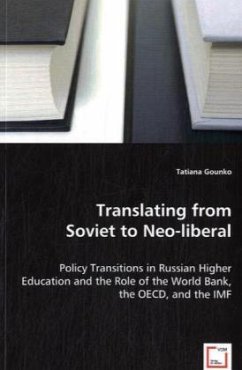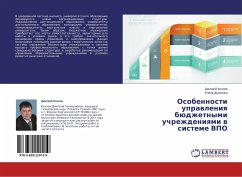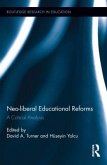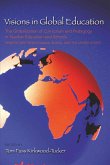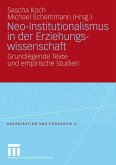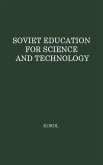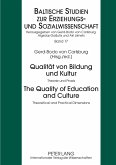For more than two decades, Russian higher education has been undergoing fundamental restructuring that some experts compare to radical reforms of the Soviet communist regime in the 1920s. Currently, the Russian government is promoting its educational modernization to insure competitiveness of Russia in the global market. Proposed educational policies echo recommendations of the World Bank, the OECD, and the IMF, actively endorsing economic globalization and neo-liberal policies. As the market discourse came to dominate Russian state policy and practices, concerns for social justice have been replaced by the key economic concepts of competition and profit. In this book, Russian educational policies adopted between 1990 and 2006 are analyzed vis-à-vis economic and education related policies of the World Bank, the OECD, and the IMF. From an analytical framework combining globalization, welfare and neo-liberal state perspectives, the author identifies major policy discourses and establishes connections between proposals of the international agencies and the on-going educational modernization in Russia.
